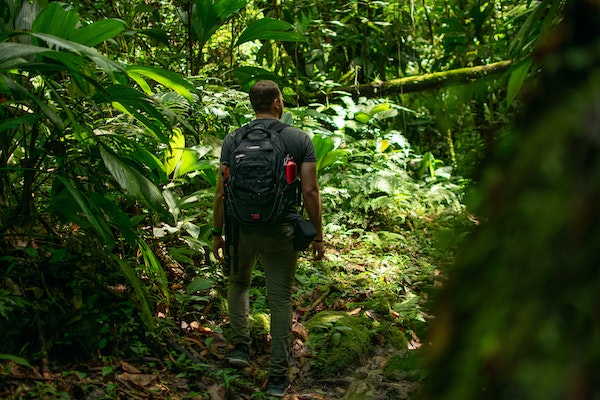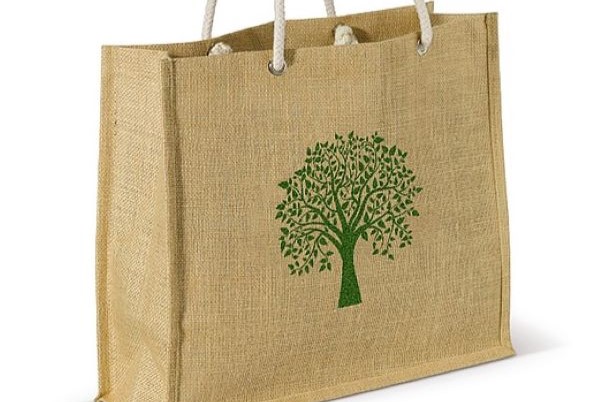
The Ins and Outs of Ecotourism
Any discussion about effective and sustainable means of traveling is incomplete without taking into consideration the local climate and culture of the place that you are visiting. But it is not so simple and easy. So we decided that we will shed light on the intricacies of ecotourism. Let's make sure that your next travel plan is gentle on our Earth.
What is ecotourism?
Ecotourism is a type of sustainable tourism that focuses on preserving natural habitats and protecting wildlife. The main objective is to educate visitors about the importance of preserving the environment. At the same time it allows them to experience it in a way that is both sustainable and responsible.
The history of ecotourism
The history of ecotourism can be traced back to the 1960s and 1970s when the environmental and conservation movements were gaining momentum. During this time, people began to recognize the importance of preserving natural resources and wildlife habitats, and the concept of sustainable tourism emerged.
The term "ecotourism" was first used in the 1980s. It quickly gained popularity as a way to describe a type of tourism that was focused on environmental conservation and responsible travel. Ecotourism became a popular way for people to explore natural areas and learn about the environment, while also supporting conservation efforts and local communities.
Over the years, the popularity of ecotourism has continued to grow. Today it is a significant segment of the travel industry. The World Tourism Organization’s prediction about its rise in the coming decades is a testament to its growing popularity.
Do we need ecotourism?
This sounds like a rhetorical question because it is one; just take one look around your locality and it will become clear that sustainable travel and lifestyle are the need of the hour. With people slowly coming out of the pandemic low, tourism has roared back into life. But the local communities may not have the adequate infrastructure to handle the surge, leading to further damage to the fragile ecosystem.
Benefits of ecotourism
One of our greatest weapons against irreversible climate change and damage to biodiversity, ecotourism and overall responsible tourism have many advantages.
- Environmental conservation: Ecotourism helps protect natural habitats and wildlife by providing a source of revenue for conservation efforts. This allows governments and local communities to fund projects that help to preserve the environment. This includes habitat restoration, wildlife protection, and environmental education programs.
- Cultural preservation: It helps to preserve local cultures by providing an alternative source of income to communities that might otherwise engage in activities that could harm the environment, such as deforestation or overfishing. Besides keeping traditional cultural practices alive, it also allows visitors to experience these cultures in a responsible and sustainable way.
- Economic benefits: Ecotourism provides important revenue for local communities. And this can be used to fund projects that improve their quality of life. This includes infrastructure development, job creation, and the provision of basic services, such as health care and education.
- Education: Visitors get the opportunity to learn about the importance of preserving the environment and the role that they can play in helping to protect it. This education can have a lasting impact on visitors. They may then go on to advocate for environmental conservation in their own communities.
- Increased awareness: Ecotourism raises awareness about the importance of preserving the environment and the role that everyone can play in helping to protect it. This increased awareness can lead to positive changes in attitudes and behaviors, which can help to reduce environmental degradation and promote sustainable development.
- Sustainable development: Last but not the least, ecotourism promotes sustainable development by providing communities with an alternative source of income that does not harm the environment. This allows communities to improve their quality of life without damaging the natural resources that are so important to their well-being.
Practicing ecotourism
Here are some top ways to practice ecotourism:
- Choose eco-friendly accommodations: Look for hotels, lodges, and other accommodations that are environmentally responsible and use renewable energy sources, such as solar or wind power.
- Support local communities: Patronize local businesses, such as restaurants and shops. Take part in cultural activities, such as festivals and events, to support local communities.
- Respect wildlife: Observe wildlife from a safe distance, and avoid feeding or disturbing animals. When taking photos, use a zoom lens to minimize disturbance.
- Reduce waste: Bring a reusable water bottle and shopping bag to reduce the amount of waste you generate.
- Use public transportation or carpool: When traveling to ecotourism destinations, consider using public transportation or carpooling to reduce your carbon footprint.
- Participate in conservation efforts: Consider joining volunteer programs or supporting conservation organizations that work to protect the environment and wildlife.
- Respect the environment: Do not litter or leave behind any trash. And avoid activities that can harm the environment, such as walking on fragile ecosystems or picking flowers.
- Support sustainable tourism practices: Look for tour operators and travel companies that are committed to sustainable tourism practices, such as those that are certified by organizations like the Rainforest Alliance or the Global Sustainable Tourism Council.
- Learn about the local culture and environment: Take the time to learn about the local culture and environment. Be respectful of both. Ask questions, read books and articles, and attend lectures or presentations to deepen your understanding of the place you are visiting.
Ecotourism is now widely recognized as an effective tool for promoting environmental conservation and sustainable development. It continues to play a vital role in the protection of the planet's ecosystems and wildlife habitats. We hope that we were able to clear any doubts that you might have had about it. To know more about how you can contribute, visit Chalo Green.
Follow us on
Facebook | Twitter | Instagram













